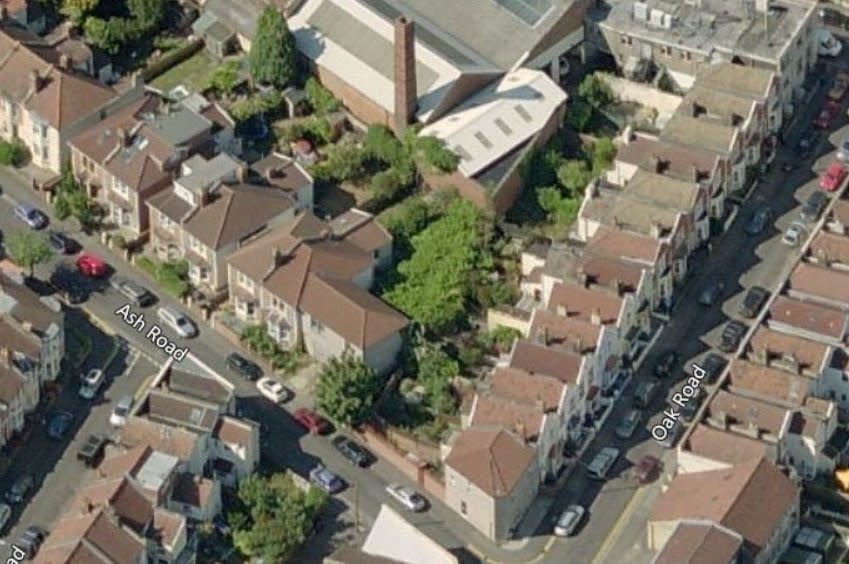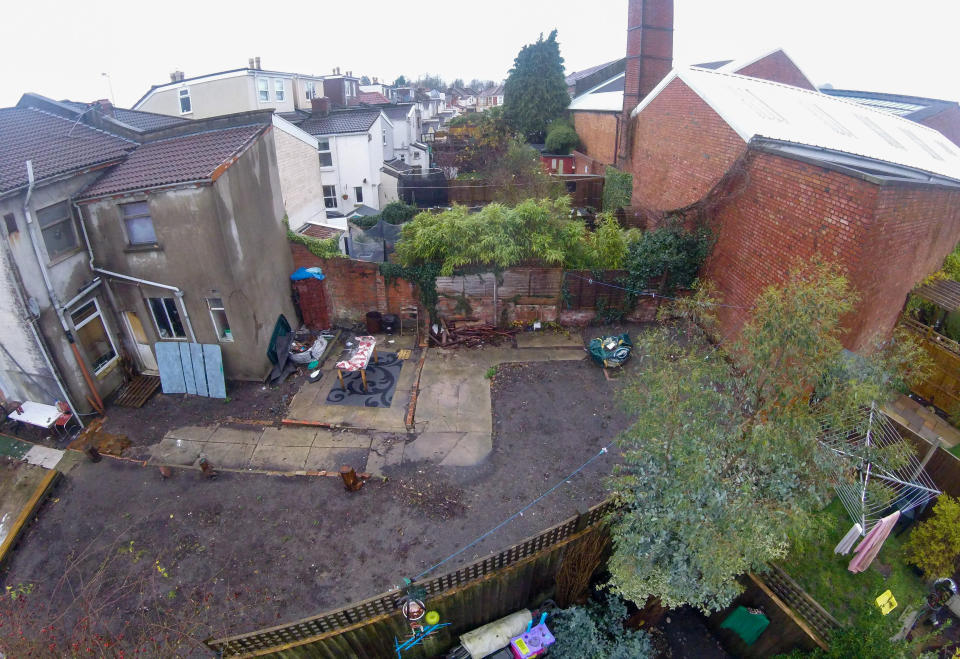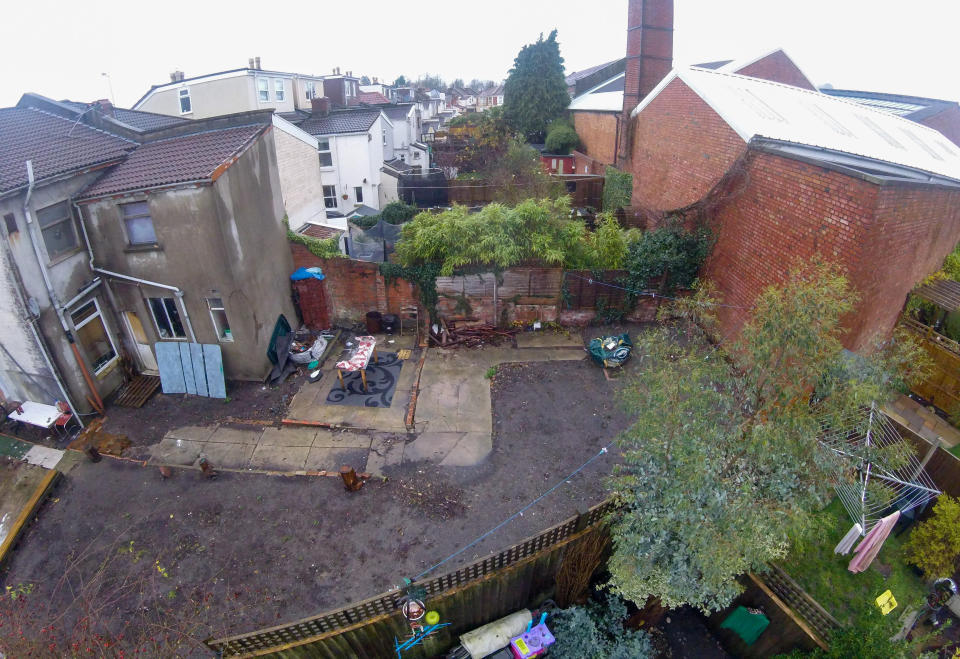Firm fined £18,000 for allowing Bristol knotweed 'forest' to grow so high it could be seen from space

A property firm has been fined £18,000 for allowing an 8ft-high jungle of knotweed to grow so big it could be seen from space.
The invasive plant was allowed to spread for 10 years and was blocking light from neighbouring homes.
Bristol City Council prosecuted the landlord MB Estate Limited on behalf of seven residents using anti-social behaviour laws.
It is thought to be the first prosecution of its type.

Amie King moved into a £400,000 property in Ash Road, in the trendy Horfield area of the city, in 2007 and soon became plagued by ‘the forest next door’.
‘It’s worrying because it can affect the sale of our properties, mortgages – it’s the stress of it all. You don’t have anyone to help you,’ she told BBC Radio.
‘We had no idea what it was and were unsure of what exactly it was overgrown with – just big green plants. It’s like a forest, my children refer to it as ‘the forest next door.
‘We went through the council and for years they were unable to do anything because legally they didn’t have anything to use.

‘For years and years we’ve been banging our heads against a brick wall feeling like no one can help.’
MB Estate Limited was served with a community protection notice in May 2017 but, after failing to comply, were prosecuted using the Anti-Social Behaviour, Crime and Policing Act 2014.
The company didn’t attend the hearing or sentencing and was fined £18,000 plus costs in its absence at Bristol Magistrates Court.
‘It is unfortunate that the council needed to resort to formal action, but we hope that this sends a message that appropriate action will be taken, when necessary, to protect the public,’ said councillor Kye Dudd.
‘Knotweed has the potential to cause significant nuisance to property owners, causing structural damage as well as anxiety over the effect on property prices and the ability to secure a mortgage.’

Japanese knotweed was introduced to the UK around 200 years ago as an ornamental plant, but is now common and widespread.
Under the provisions made within Schedule 9 of the Wildlife and Countryside Act 1981, it is an offence to cause Japanese knotweed to grow in the wild.
It can which can grow up to 20cm a day.

 Yahoo News
Yahoo News 
